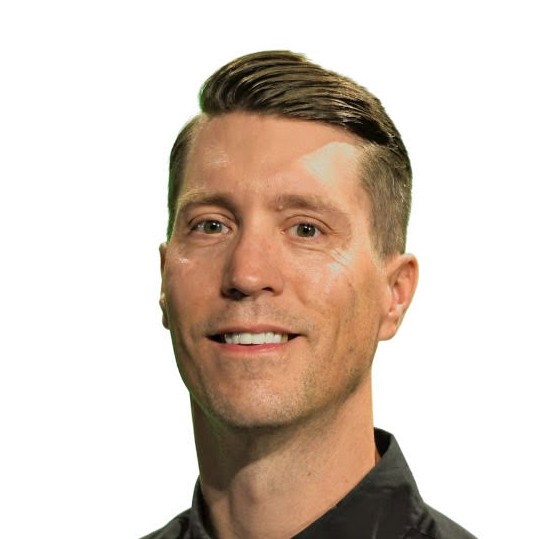How to Answer: You are caring for a patient on your inpatient unit who is taking a turn for the worse. You decide you need to call the hospitalist physician. Tell me how you will proceed.
Advice and answer examples written specifically for a Situational Nursing job interview.
41. You are caring for a patient on your inpatient unit who is taking a turn for the worse. You decide you need to call the hospitalist physician. Tell me how you will proceed.
How to Answer
Before calling for the assistance of a physician, therapist, or nursing colleague, unless it is a dire emergency, nurses should gather as much pertinent information on the patient as they can so they can effectively and succinctly explain the situation and the needs of the patient. If the nurse does not collect this information in advance of making the call to the physician, the call will likely take additional time as they will have to look the information up and take more of the physician's time. While patients are not typically put at risk in these situations, having the information ready to report during the call assists nurses with building professional relationships with the many professionals the must consult with on a daily basis. The interviewer is asking this question to determine how important the candidate feels it is to collect information before calling the physician. To effectively answer this question, the candidate should indicate that they would collect all pertinent information on the patient, including diagnosis, condition, impression, test results, and vital signs. A more successful answer to this question can include experience from the candidate's nursing career, information the candidate typically relays during such a call, or how the candidate assisted a colleague with such a call.
Written by Kelly Burlison on June 3rd, 2019
1st Answer Example
"This is a very common situation that I find myself in, as I work in the inpatient environment, so I understand that it is important to gather as much information about the patient and the patient's current situation before making the call to the physician. Early in my nursing career, I sometimes would call before I had gathered the necessary information, and when I did so, it was very difficult to communicate the situation to the physician, and sometimes they would become frustrated. Now that I have more experience, I understand the importance of gathering information such as current impression, vital signs, test results, and other pertinent information, so the conversation can be efficient and brief."
Written by Kelly Burlison on June 3rd, 2019
2nd Answer Example
"When I call the hospitalist to inform them of a downturn in my patient's condition, I make sure to go over my mental checklist first. Have I gathered all the needed information about the patient's history, current vitals/labs, and changes in condition? If so, I will call, and identify myself and the patient, and then make sure the physician is ready to hear the information I have. One of the first times I needed to call a physician about his patient's change in level of consciousness, I was so anxious that I started talking quickly and forgot to identify myself as the patient's nurse. In trying to get things moving quickly, I actually ended up taking more time than needed, because the physician wasn't clear on who I was. From that point on, I have always taken a breath and made sure to stay calm on calls to physicians."
Written by Kate Buckley on January 10th, 2023
Anonymous Interview Answers with Professional Feedback
Anonymous Answer
Chad's Feedback
About the Author
I began my career in emergency medical services (EMS) over 30 years ago, working as a Firefighter-Paramedic, EMS Captain, Mental Health Technician, ER Technician, EMT and Paramedic Adjunct Instructor, and EMS Educator. During my career, I had the privilege of serving on over one thousand interview panels to help various organizations choose the right candidate for the job.
I have created curricula and training materials to prepare candidates for interviews and held mock interview courses for all types of healthcare professionals. My interview experience includes hiring emergency medical technicians, paramedics, firefighters, nurses, medical assistants, home health aides, and physician assistants.
As a coach and contributor for MockQuestions, I am excited to help you navigate your upcoming nursing interview. While these situational questions assess your critical thinking and communication skills, interviewers also ask these questions to gain insight into your personality to determine if you will be a good fit with the company culture. Remember to be relaxed and be your authentic self. Best of luck in nailing your interview!
Learn more about Krista Wenz

